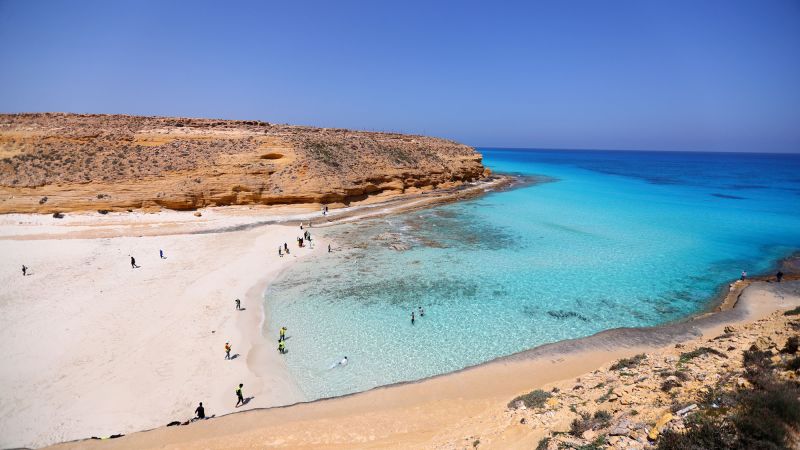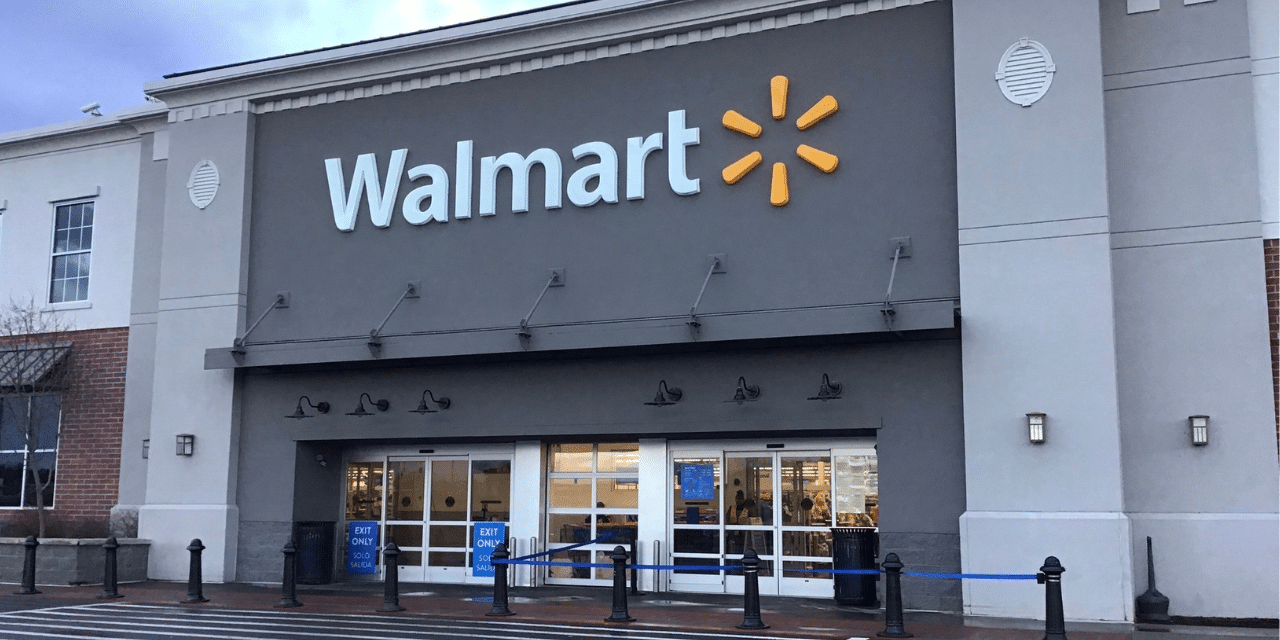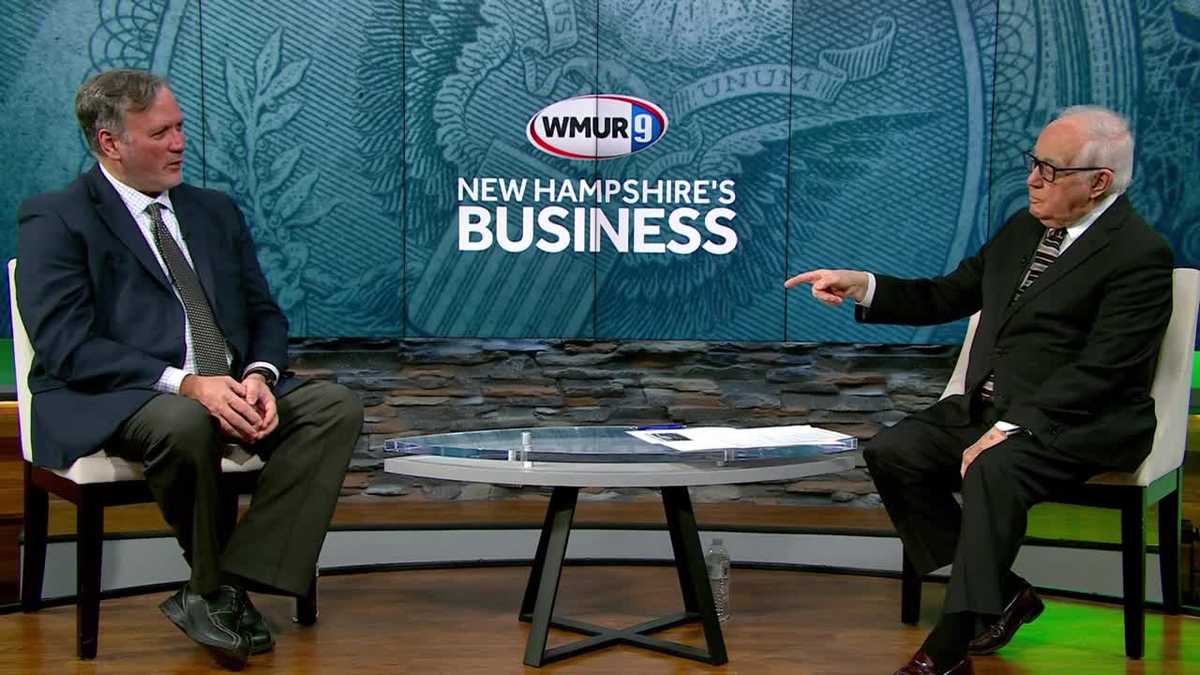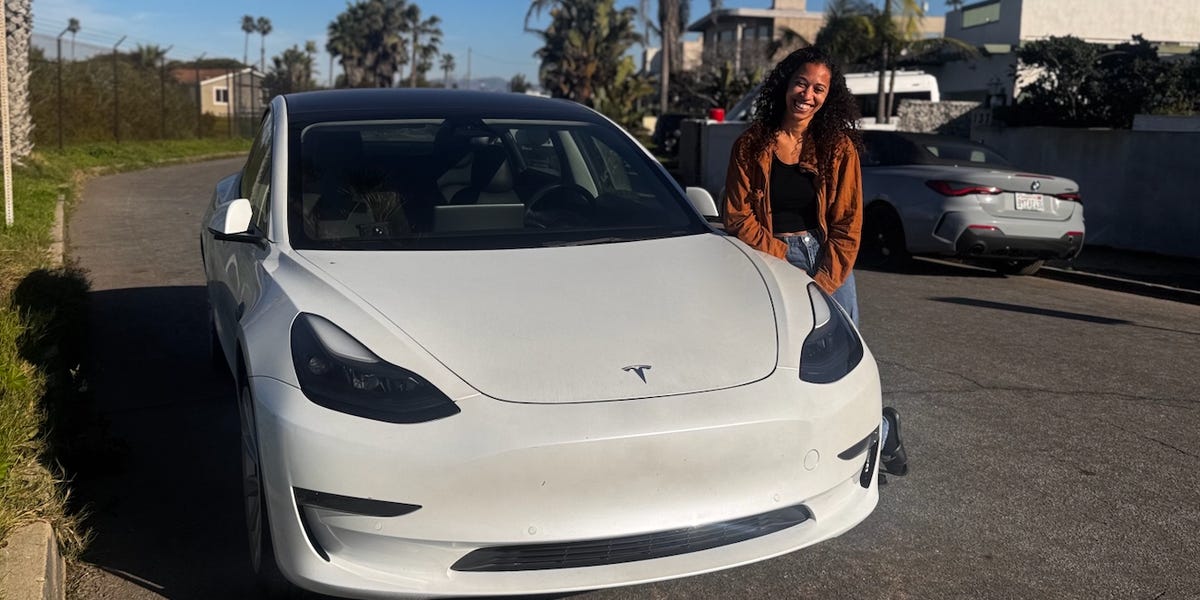Since the 1960s, Egypt’s North Coast has been a popular vacation spot with the nation’s wealthy elite. But now, its 650-mile-long Mediterranean shoreline is undergoing an unprecedented, and rapid, real estate transformation.
Over the past two decades, an estimated $70 billion has been poured into the North Coast for city-scale projects, including holiday resorts, residential neighborhoods, and industrial zones — and at least $150 billion more in investment is expected in the coming decades, according to analysis from PwC Middle East.
This money is largely coming from Gulf nations, which have invested $59 billion in Egypt Since 2021, according to real estate consultancy Knight Frank. Qatar is reportedly currently discussing a $3.5 billion tourism project there, and last year, Egypt received its largest-ever single foreign investment, which saw $35 billion from Emirati sovereign wealth fund ADQ earmarked for real estate projects, including $24 billion for the development rights of Ras El Hekma on the North Coast.
The 170-square-kilometer peninsula — around the same size as Washington, DC — will be developed by Abu Dhabi-based Modon Holding, and is expected to include residences, resorts, retail, entertainment venues, and public facilities such as hospitals and schools. This aligns with the Egyptian government’s push to diversify its economy, with hopes that new luxury resorts will help attract 30 million annual tourists by 2030, up from its record 15.7 million international visitors last year.
A report from Knight Frank, published in September, found that half of high-net-worth individuals in the Gulf are looking for holiday homes in Egypt, and the North Coast is one of the nation’s most popular real estate markets, second only to the New Administrative Capital.
“Anything that facilitates inbound investment is great — not just for Egypt, but around the region. These are emerging markets, and sentiment plays such an intangible role in boosting real estate market activity,” says Faisal Durrani, head of research for MENA at Knight Frank Middle East, adding: “That feel-good factor is really difficult to quantify.”
Much of this investment has been driven by Egypt’s precarious financial situation: for the past decade, Gulf nations, along with the International Monetary Fund (IMF), World Bank, and European Union, have been “bailing out Egypt because they’re afraid of what its collapse could mean,” in terms of regional security and impact on global trade, says Timothy Kaldas, deputy director of the Tahrir Institute for Middle East Policy in Washington, DC.
Analysis from UK-based independent policy institute Chatham House indicates that between 2013 and 2016, the UAE, Saudi Arabia and Kuwait provided around $30 billion in aid to Egypt, targeted at stabilizing its economy in the aftermath of the Arab Spring.
But three financial crises later, analysts say Gulf investors are now looking for returns on their investment.
The development of Ras El Hekma will include a free zone says Kaldas, with its own tax and customs arrangements. He says that will encourage investment but cautions that it “adds to questions about preserving state sovereignty over Egyptian territory, due to these large concessions to regional powers.”
Property development on Egypt’s Mediterranean coastline is booming, with major developments by Gulf property developers at Marassi and Ras El Hekma.
Egypt holds an initial 35% stake in the project, and there’s little transparency about the structure of the deal or how much it will have to pay for infrastructure, says Kaldas.
According to Dr. Abdelkhalek Ibrahim, Egypt’s deputy minister of housing, utilities and urban communities, the government is responsible for providing the project’s main infrastructure, including electricity, communications and water supply.
“Creating new communities will impact positively on the macro economy by creating jobs, investment opportunities and economical activities,” he told CNN in an email.
There have been other concerns raised over these massive real estate deals, including accusations of forced evictions of Ras El Hekma’s Indigenous residents, and reports of coastal erosion from the rapid development. The Egyptian government says it has compensated impacted homeowners and developed new settlements for them, and that all projects are being developed under a sustainable framework.
Despite concerns, property prices in Egypt’s North Coast are continuing to soar: in June, villa prices rose 15.8% year-on-year, to an average of 20,000 Egyptian pounds ($420) per square meter. Last month, the first properties at Ras El Hekma launched off-plan, reportedly achieving sales of 10 billion Egyptian pounds ($210 million) within the first 48 hours.
There are a few factors behind the boom: a currency devaluation last year has meant more people investing in real estate to preserve savings, while recent legislation changes allowing foreigners to own property in Egypt further fueled demand, particularly among Gulf buyers. Additionally, rampant inflation has pushed up construction costs.
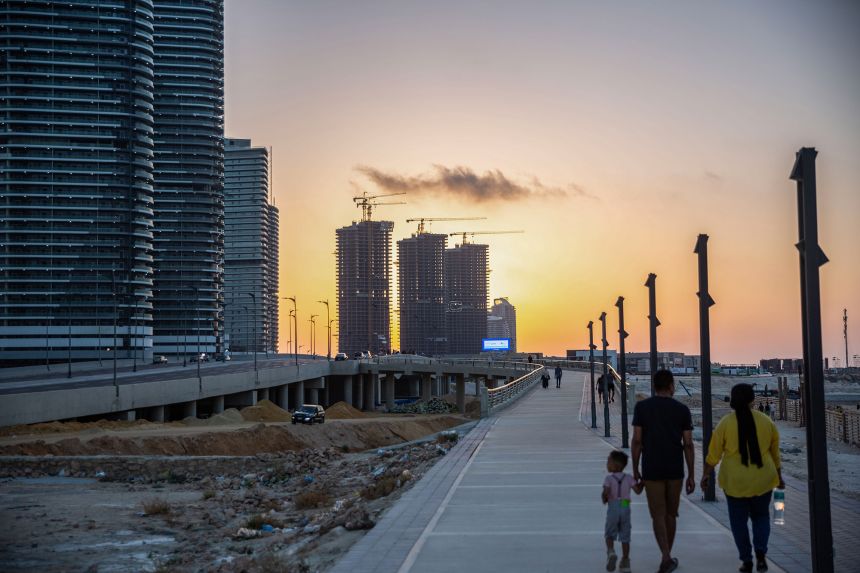
One of the region’s largest operational developments is Marassi North Coast — a mixed-use residential, tourist and retail-lifestyle destination about 93 miles west of Alexandria. It was built by Dubai-based developer Emaar Properties, which says its properties now sell for up to $13,500 per square meter.
“If you look at when we started, we used to sell apartments at $60,000,” says Mohamed Ali Rashed Alabbar, founder and chairman of Emaar Properties. “Some people made probably five times the value, now.”
“As a result of inflation, the quality of what you build, and competition, your value goes up,” he adds.
Emaar has invested $4 billion in Marassi North Coast, which employs around 20,000 people on-site and has already welcomed around four million tourists since April this year, says Alabbar.
Plans to expand Marassi with another $1 billion investment were recently approved by the government, says Alabbar, adding that construction is expected to begin in the coming months.

